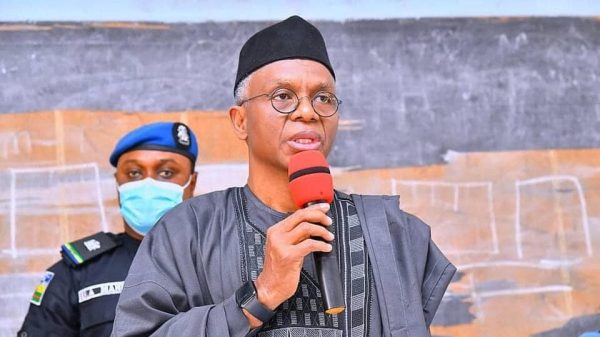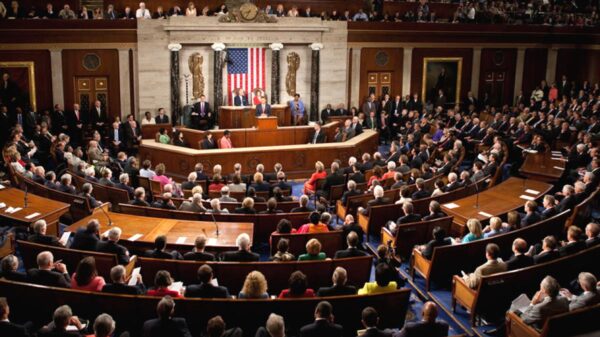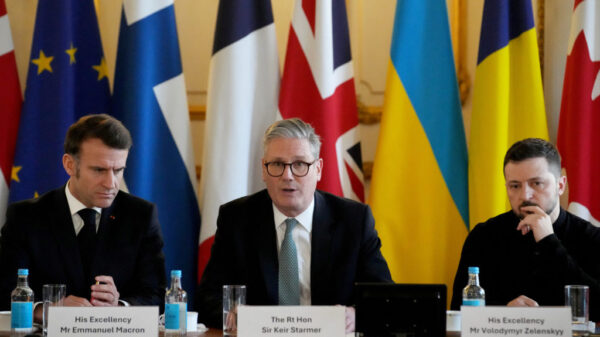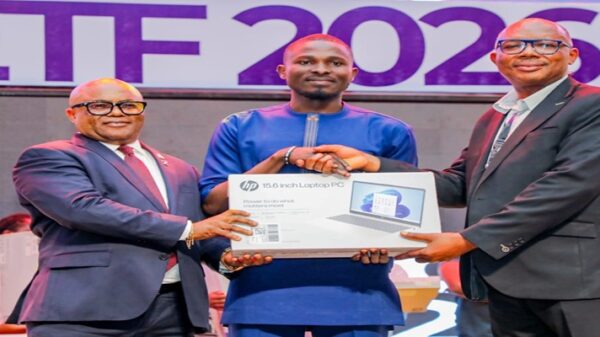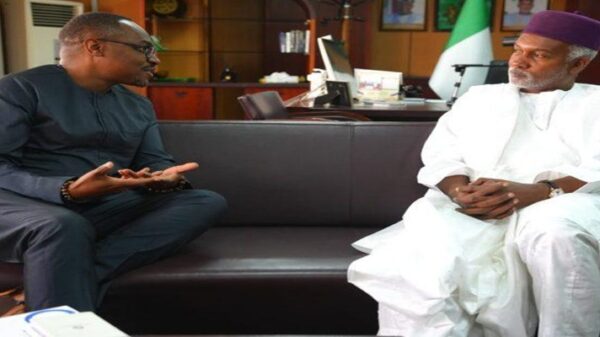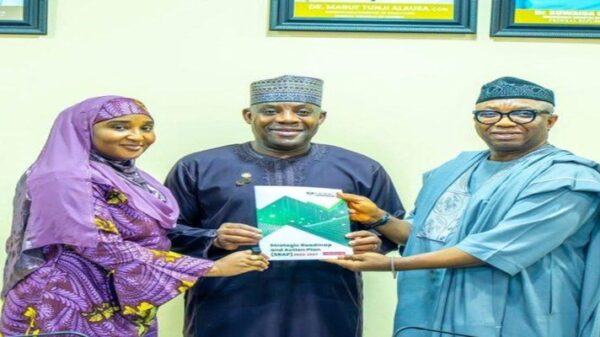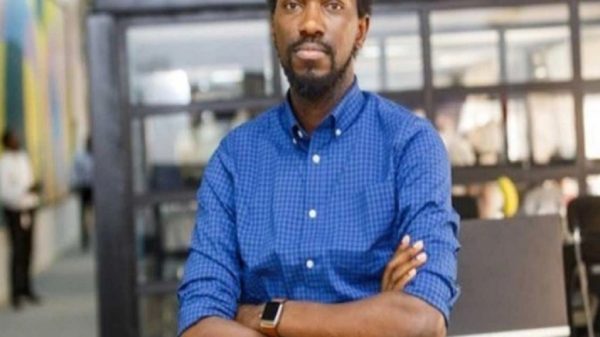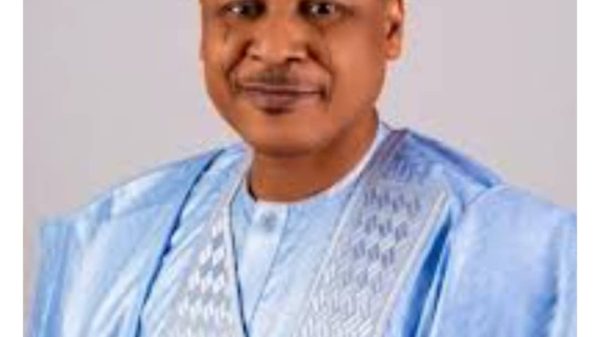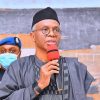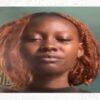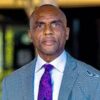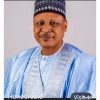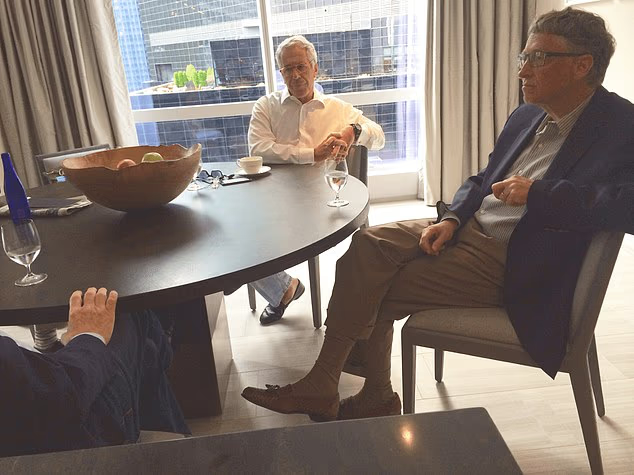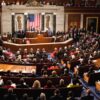On Sunday, December 20th, 2020, Funmi discussed the long-standing issue of child witches with the Principal Council, Basic Rights Counsel Initiative (BRCI), Mr. James Ibor; lawyer, activist and writer, Dr. Leo Igwe; a representative of National Human Rights Commission (NHRC), Mrs. Amaka Omo; and a survivor, David Etim Otu.
Throughout Nigeria, it is common to hear people brand elderly women, neighbours, stray animals, and innocent children as witches. This is especially common in the states of Akwa Ibom and Cross River.
The show kicked off with a survivor’s tale. A young girl who was kept anonymous recounted her experience, which began when her father suspected that she and her sisters were witches. This suspicion escalated into an attempt on her life when her step-mother, who held a knife to her throat, forced her to “untie her womb”. After that, her father kept her and her sisters in a “chicken house” until they were rescued.
Another survivor, David Etim Otu, a guest on Public Eye was accused of being a wizard and forced to live on the street at the tender age of 12. Barrister Ibor found and rescued David at age 15.
With a father-like pride, Barrister Ibor recounted, “He was very articulate. He was in charge of all the other street children. We had organised the first event for the International Day of Street Children. On the day of the event, he told me that if I did not seat him at the high table, he would tell all the children to leave the hall. He sat with pastors and government officials. When we gave him the floor, he exploded.”
“After the program, we asked which of them wanted to stay in a proper home. He accepted and was placed with a family. Today, he is a second-year engineering student at the University of Calabar.”
Funmi Iyanda, trying her best to reign in her emotions, asked, “How does a parent get convinced that their child… Help me understand it. I don’t understand it.”
According to Barrister Ibor, “Money is the motivation. The victims are children who can not defend themselves, can not talk, children with autism, or children with incredibly high IQ. If you are seen as an extraordinary child, you must be a witch. And pastors and native healers are ready to sell this fear to parents and manipulate them for money.”
The conversation moved to institutions and the regulations that should control the power of religious leaders.
According to Mrs. Amaka Omo, “What the NHRC does are community town halls. Everything starts with the community. If the community believes in these things, we have to root it out. Also, with the Child Rights Act, we have the mandate to free children from the custody of abusive parents and take them to a safer environment.”
An impassioned Leo Igwe stated, “First, we must admit that we have failed as a society. We can try to push the blame to pastors and healers, but they are part of society. Why can’t we confront them? They say ‘Touch not my anointed’. We have to touch the anointed! We must confront the narratives of witchcraft and the narrative that says that someone can harm others magically.”
![]()

